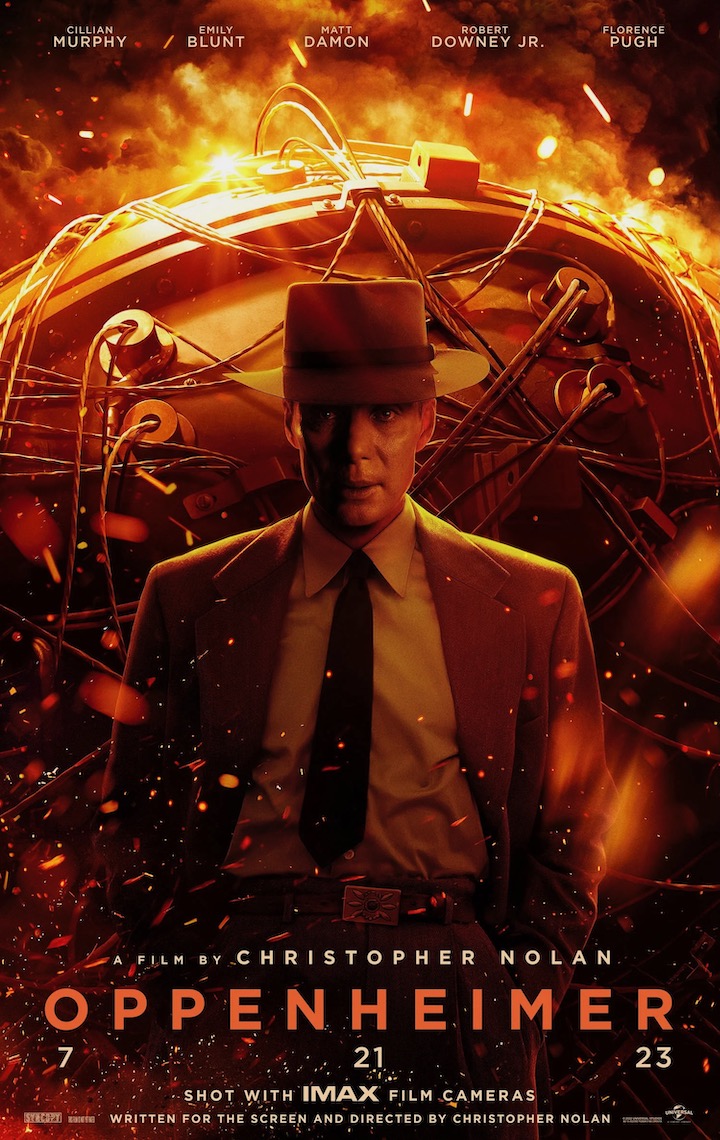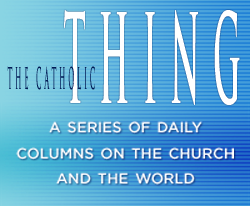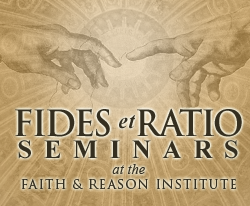Testimony: a Review of ‘Oppenheimer’
In 2025, the world will note the passing of 80 years since the detonation of the first atomic bomb over Hiroshima on August 6, 1945.
That decision remains one of the most controversial in world history. President Harry Truman understood the consequences it would have on the people in Hiroshima, but he also knew Japan’s militaristic leaders would fight to the bitter end. In July, the War Department had advised that Operation Downfall, the planned invasion of Japan, could result in perhaps 5- to 10-million dead just among the Japanese people. Massive American casualties were also certain.
The President gave Tokyo “fair warning,” as he put it, from the Potsdam Conference (July 17-August 2, 1945), in a “Declaration demanding the unconditional surrender of the Japanese government, [and] warning of ‘prompt and utter destruction’” if it refused, which it did.
As he did in his magnificent 2017 Dunkirk, Christopher Nolan begins his new film, Oppenheimer, with numbered captions that introduce the viewer to the fluid nature of the film’s narrative, which flashes forward and back, to several key events in physicist J. Robert Oppenheimer’s life: his education (Harvard, Cambridge, Göttingen); his work as head of the Manhattan Project (that designed and built America’s first nuclear weapons); his testimony in a post-war star-chamber proceeding to determine his post-war security status; and testimony before a Senate confirmation hearing for Lewis Strauss, President Eisenhower’s choice for Secretary of Commerce. Oppenheimer and Strauss were early good friends and later bitter enemies.



